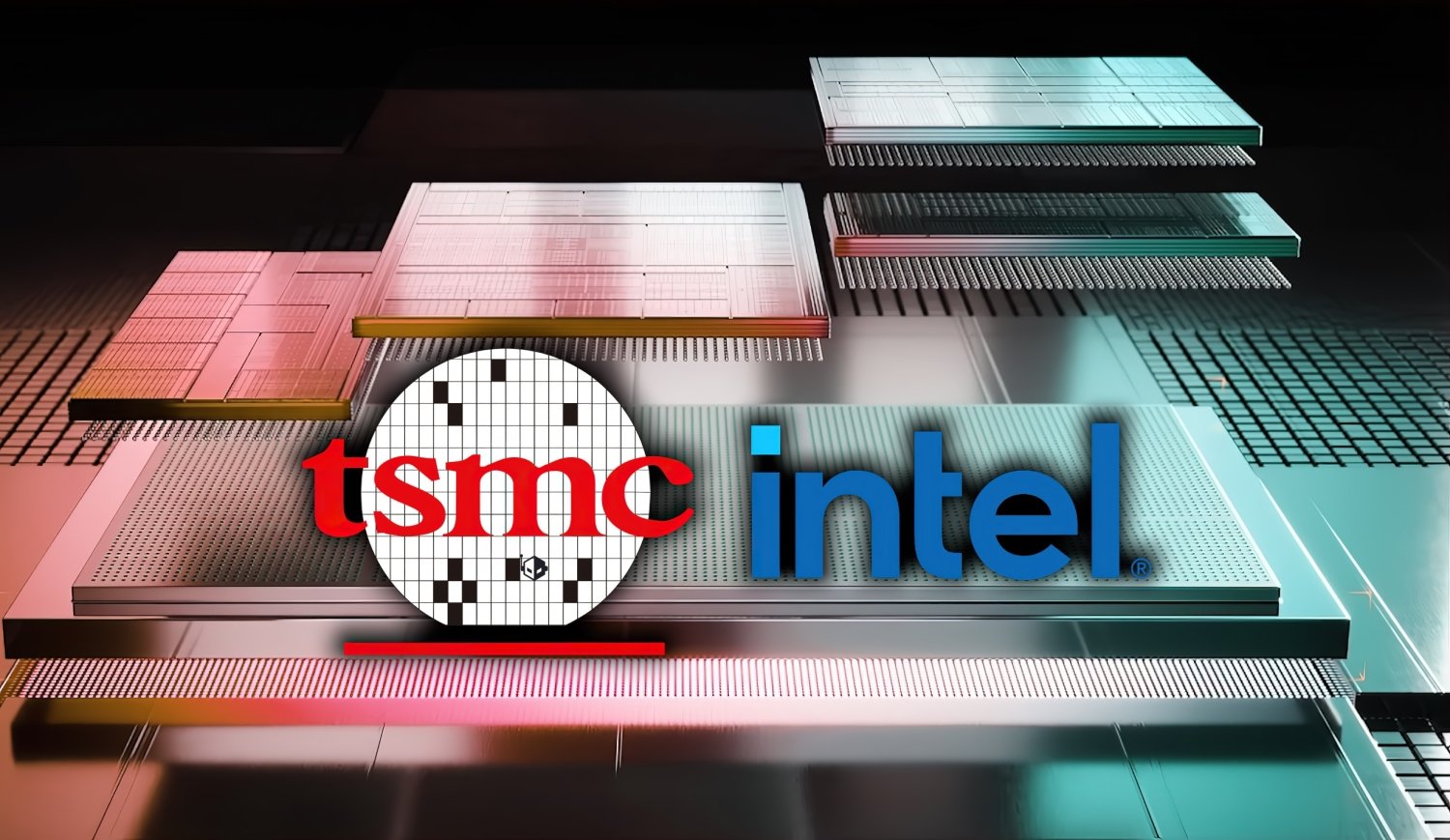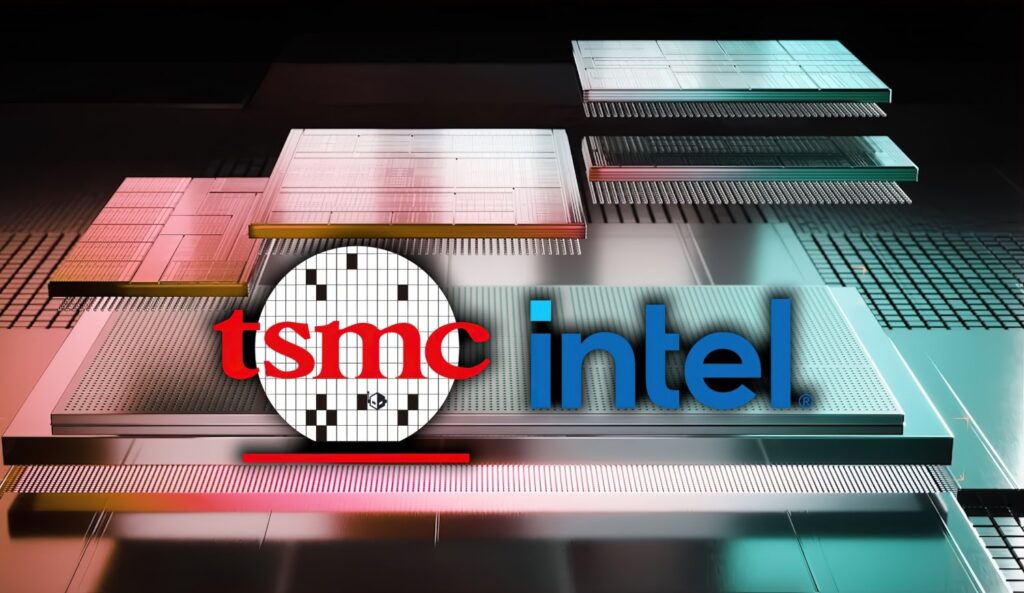
The US government has reportedly provided TSMC with multiple alternatives on how the company can move forward with its facilities in the United States, an option of which includes co-existing with Intel as a foundry business.
President Trump has been clear that his administration won’t allow TSMC to go away that easily, pushing his “Made in USA” initiative. In a new post from @Jukanlosreve and a report from DigiTimes, we’re learning that the US government has given TSMC three different alternatives on how Taiwan could ensure its presence in US markets.
This mostly includes promoting US semiconductor domestic production, and helping Intel from drowning. We only just reported that SMC is reportedly working on a new advanced packaging facility in the US, but the other alternatives include TSMC investing in Intel Foundry and could see a technology transfer occur, meaning that TSMC could lose its market dominance.
In a report from November 2024, we reported that TSMC was “forbidden” from making bleeding-edge 2nm chips outside of TSMC, but now that President Trump is in office, those worries of the future TSMC-USA relations seem to be watered down. Even the sheer thought of a technology transfer is a big shift from where we were just a couple of months ago.
The third proposal would see TSMC moving its US-based orders to Intel Foundry, helping customers like Apple to place orders with Intel Foundry Services instead of TSMC, which will move major revenues away from the company. TSMC would likely suffer financially, but Intel Foundry would need to be brought up to speed when it comes to semiconductor quality. Intel has been suffering of late, with the best of the best chips made by TSMC.
- TSMC would build an advanced packaging facility in the US, offering integrated services from wafer manufacturing to backend processing locally.
- Under a joint venture (JV) proposed by the US government, TSMC along with several major companies would invest in Intel’s standalone foundry business and facilitate a technology transfer from TSMC.
- Intel would assume future packaging contracts from US customers that TSMC has secured, leveraging Intel’s advanced packaging capabilities.
Regarding the first proposal, TSMC has previously shown reluctance to construct a packaging plant in the US due to labor shortages and low profit margins. There are also concerns that such a plant could impact TSMC’s backend partners like Amkor Technology.
The second proposal, the joint venture plan, is led by the US government, with sources indicating that the key point is for TSMC and several major companies to jointly invest in Intel’s foundry business, including a technology transfer from TSMC.
The third proposal entails Intel handling additional packaging orders from US customers that TSMC has secured. For instance, companies like Apple, which have already agreed to wafer production at TSMC’s US fab, have prior experience collaborating with Intel.
According to semiconductor industry sources, amid the US government’s drive to reinforce the domestic “Made in America” policy and implement measures to ensure Intel’s survival, TSMC is being cited as virtually the only solution.
